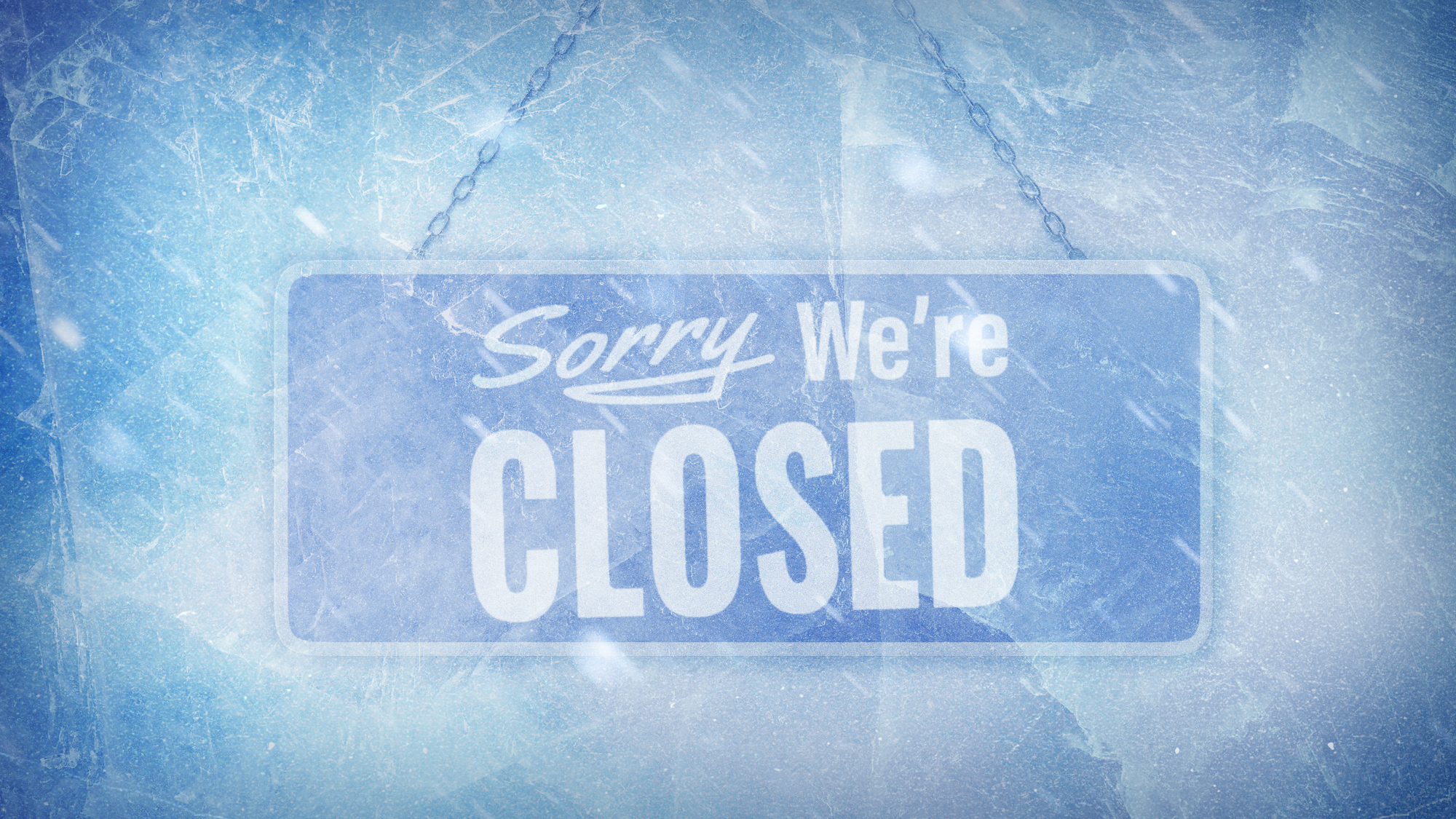Does 'slacktivism' work?
'All eyes on Rafah' image is the latest in a series of viral social media causes but their impact is unclear

A free daily email with the biggest news stories of the day – and the best features from TheWeek.com
You are now subscribed
Your newsletter sign-up was successful
Tens of millions of social media accounts have shared an "All eyes on Rafah" image, which draws attention to the mounting civilian death toll as a result of Israel's assault on the Gazan city.
The viral reach of the AI-generated content has revived the debate around the effectiveness of politically charged hashtags and images on social media – often derisively called "slacktivism".
Does 'slacktivism' lead to real-world action?
In addition to being a "bland, AI-generated" image rather than actual footage from the conflict, some pro-Palestinian activists noted with frustration that the "All eyes on Rafah" image comes with "no call to action beyond 'pay attention'; no donation links, no details on how to help", said Dazed's James Greig.
The Week
Escape your echo chamber. Get the facts behind the news, plus analysis from multiple perspectives.

Sign up for The Week's Free Newsletters
From our morning news briefing to a weekly Good News Newsletter, get the best of The Week delivered directly to your inbox.
From our morning news briefing to a weekly Good News Newsletter, get the best of The Week delivered directly to your inbox.
Movements like #MeToo and Black Lives Matter raised millions of pounds in funding after going viral, said a University of Sussex blog post. But whether this "intense" short-term spotlight translates into "meaningful and lasting social change" is a question that "remains unsettled".
Indeed, studies into whether participation in digital activism around a given cause increases the likelihood of donating money, attending protests or other tangible support have so far been inconclusive.
However, "the idea that online activism replaces offline activism does not enjoy strong empirical support", said Psychology Today, dispelling one of the criticisms often levelled at social media-based campaigns.
Does that mean 'slacktivism' has no impact?
A lot depends on the context. Resharing posts on X or Instagram "might not count for much on its own", said Greig, but in the case of "All eyes on Rafah", the "ubiquity" of the graphic indicates a "shift in consensus" in the West. In a climate where "censorship and repression" of pro-Palestinian activism has been widespread, "we should welcome the movement becoming 'trendy'", even in the "shallowest way possible".
A free daily email with the biggest news stories of the day – and the best features from TheWeek.com
Is all digital activism 'slacktivism'?
Digital activism can mean many different things, Dr Kelly Lewis, research fellow in the Emerging Technologies Lab at Monash University in Melbourne, wrote on The Conversation. While the impact of resharing a hashtag or viral image is hard to quantify, social media is undeniably a powerful tool for organising real-world action.
This can be both literal – protests and demonstrations around the world are now largely co-ordinated online – but also through building "collective networks of solidarity and resistance". These communities can be mobilised to participate in actions ranging from crowdsourced fact-checking to "hacktivism" targeting hostile institutions.
What are the pitfalls of digital activism?
Social media's strength in being able to rapidly spread awareness of an issue might seem like an advantage over older forms of organising, but this can be deceptive, said The Atlantic. In the US civil rights era, boycotts and marches were organised over months and years, during which time activists were "forming and deepening social connections, strengthening and testing the fiber of their movement".
Compare that with Occupy Wall Street, which sprang up almost overnight on social media, but it lacked "that underlying resilience created over time, often lost focus, direction, and, most important, their potential to effect change", until it ultimately fizzled out.
It's also all too easy for "verified facts" and sensitive reporting to be drowned out by partisan "misinformation, political propaganda and irresponsible journalism" pumped out on social media and uncritically reshared by users, wrote Lewis.
Where the Gaza conflict is concerned, the battle to control the social media narrative has "become almost as intense as the physical acts that define war". As demonstrated by incidents of Islamophobic, racist and antisemitic aggression around the world motivated by the conflict in Gaza, the circulation of propaganda that fans the flames of hatred can have "disastrous consequences".
Rebecca Messina is the deputy editor of The Week's UK digital team. She first joined The Week in 2015 as an editorial assistant, later becoming a staff writer and then deputy news editor, and was also a founding panellist on "The Week Unwrapped" podcast. In 2019, she became digital editor on lifestyle magazines in Bristol, in which role she oversaw the launch of interiors website YourHomeStyle.uk, before returning to The Week in 2024.
-
 Switzerland could vote to cap its population
Switzerland could vote to cap its populationUnder the Radar Swiss People’s Party proposes referendum on radical anti-immigration measure to limit residents to 10 million
-
 Political cartoons for February 15
Political cartoons for February 15Cartoons Sunday's political cartoons include political ventriloquism, Europe in the middle, and more
-
 The broken water companies failing England and Wales
The broken water companies failing England and WalesExplainer With rising bills, deteriorating river health and a lack of investment, regulators face an uphill battle to stabilise the industry
-
 ICE eyes new targets post-Minnesota retreat
ICE eyes new targets post-Minnesota retreatIn the Spotlight Several cities are reportedly on ICE’s list for immigration crackdowns
-
 ‘The censorious effect is the same, even if deployed covertly’
‘The censorious effect is the same, even if deployed covertly’Instant Opinion Opinion, comment and editorials of the day
-
 Is the Gaza peace plan destined to fail?
Is the Gaza peace plan destined to fail?Today’s Big Question Since the ceasefire agreement in October, the situation in Gaza is still ‘precarious’, with the path to peace facing ‘many obstacles’
-
 Gavin Newsom and Dr. Oz feud over fraud allegations
Gavin Newsom and Dr. Oz feud over fraud allegationsIn the Spotlight Newsom called Oz’s behavior ‘baseless and racist’
-
 ‘No one is exempt from responsibility, and especially not elite sport circuits’
‘No one is exempt from responsibility, and especially not elite sport circuits’Instant Opinion Opinion, comment and editorials of the day
-
 Businesses are caught in the middle of ICE activities
Businesses are caught in the middle of ICE activitiesIn the Spotlight Many companies are being forced to choose a side in the ICE debate
-
 ‘Human trafficking isn’t something that happens “somewhere else”’
‘Human trafficking isn’t something that happens “somewhere else”’Instant Opinion Opinion, comment and editorials of the day
-
 Trump’s ‘Board of Peace’ comes into confounding focus
Trump’s ‘Board of Peace’ comes into confounding focusIn the Spotlight What began as a plan to redevelop the Gaza Strip is quickly emerging as a new lever of global power for a president intent on upending the standing world order